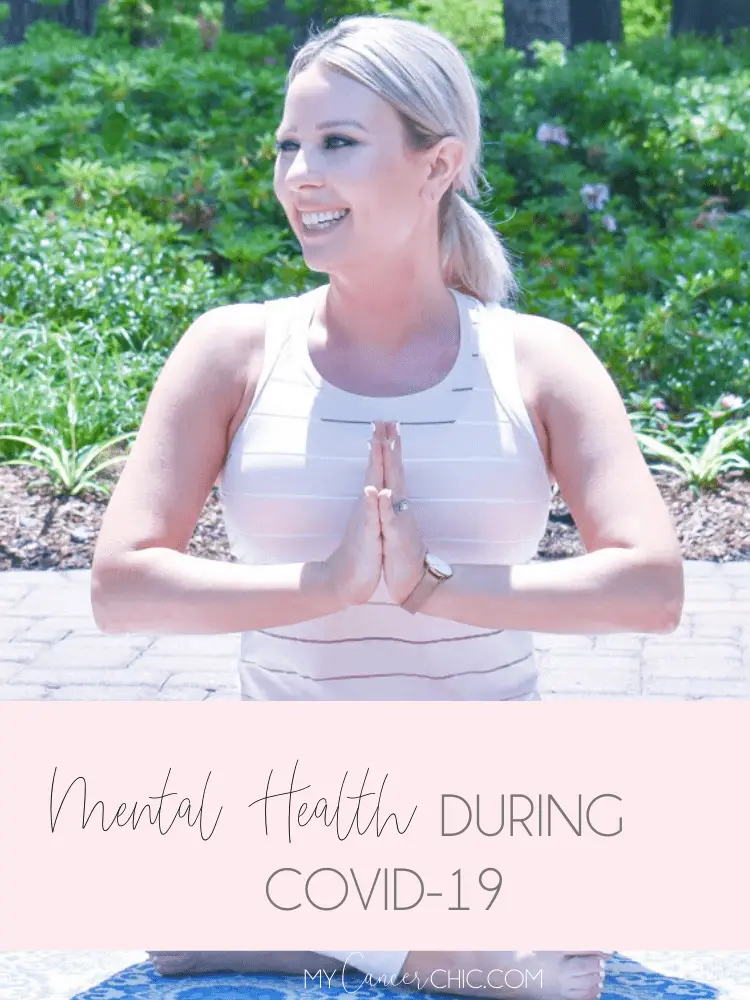
These are crazy times we're living in right now in the wake of COVID-19. It is normal to feel an overwhelming sense of fear, anxiety and disappointment as you cope with the influx of news and the drastic changes to your routines. No matter how things play out over the weeks and months to come, I can't stress enough how important is it to think about your mental health and identify coping strategies that work for you. I am sharing a series of that help me cope with the anxiety and discomfort I am feeling related to COVID-19.
I am holding each of you in my heart as we all deal with these uncertain and overwhelming times.
Assess on Your Feelings
The first step to dealing with stress, fear or anxiety is to recognize the feelings. Without recognition the emotions can consume you and find ways to control everything you do. Stopping and identifying the emotion can allow you to pinpoint a coping mechanism and a way to move forward in that moment. In our current situation feelings of anxiety, fear, and sadness are completely normal but keep in mind that if your feelings are leaving you paralyzed and unable to function it may be time to seek professional help.
What does that identifying your feelings look like in practice?
Last night I lay awake at 3AM scrolling social media reading endless news stories about COVID-19. Mason had gone back down and yet here I was awake and panicking unable to pinpoint what in particular was upsetting me. After about 15 minutes, I said to myself "You are anxious and fearful for the unknown". I confronted the feelings and sat with the fear for a few moments. After acknowledging what exactly I was feeling, I was able to address it with a mindfulness session in the Headspace app and I fell right asleep.
Limit Your News Intake
The way I was consuming COVID-19 news in bed last night is a perfect example of unhealthy news consumption. I was fearful and anxious and I continued to fuel those feelings with a never ending intake of news. My mental health suffered because of it.
Wanting to know what is happening is natural, but it can be healthy to set boundaries just like we set boundaries for children on TV or screen time. There is a 24 hour news cycle but that does not mean we should consume it in large doses. Choose a timeframe for your news consumption and maybe even limit where you are when you consume your news. I found that consuming news at my desk today was better for my mental health as compared to my late night COVID-19 news consumption.
Moving forward my focus will be watch a press conference (if relevant), listen to The Daily or Today, Explained and read 1 news article. I will attempt to do this consumption at my desk or on the couch but not in bed and not with the lights out and if I notice my anxiety spike, I will walk away and change activities. Think about what will work for you.
Find the Facts
The internet is a landmine right now of opinion writing, and speculation While there is nothing wrong with discussion and forming opinions, the opinions can distort our understanding of the reality and fuel more fear. I find that focusing on the facts when it comes to COVID-19 is better for my mental health. Anxiety thrives on uncertainty so focus on the facts.
The best way to get factual, unbiased information about COVID-19 is through the CDC and the WHO (World Health Organization)
Determine What you Can Control
This one is huge for me. Cancer definitey taught me we all have less control than we like to believe but much of my former Type-A "control freak" tendencies have returned with the COVID-19 outbreak.
It seems each hour there are new developments and that means we are in a constant stat of flux. It can feel like the bottom fell out and we are losing control of our entire lives.
Find one small thing you CAN control and focus on that. While the unknown will still be scare, you will slowly begin to find comfort in that which you can control.
Things you can control during COVID-19
- What you eat for your meals
- How you talk to your friends/family
- What you wear each day
- How you drink your coffee
- When you get up for the day
- Your workout
Prioritize Movement
Avoiding shops, routines and even the office means our daily movement is experiencing a sudden decrease. Movement and exercise are so important for our bodies and our minds especially during anxious times. Get creative with your movement - walk around the house, take extra trips up the stairs for even do some jumping jacks. Finding ways to get your blood flowing will do wonders for your mind.
One benefit to being stuck at home and working from home is there is no excuse not to work out. I am already a workout at home gal, but. for those who normally hit the gym, don't worry there are tons of workouts you can do at home with light weights, bands and even body weight if you don't have any tools around. I use the Tone It Up app for on demand workouts and the founders have said it will be free for all new members for the next month. Fitness Blender, Blogilates and Yoga with Adriene are other great free workouts on YouTube to get those endorphins flowing, which will have a major impact on your stress level.
Make Virtual Plans with Friends/Loved Ones
While a decrease in "water-cooler" chats may be good for your productivity, a lack of any social interaction can lead to feelings of loneliness and isolation. Social interaction can lift your mood and help you process everything that is going on. Make a FaceTime date with a friend to have coffee and chat or call a relative you haven't talked to in a while to check on their mental health.
My new favorite thing even before COVID-19 has been voice memos instead of text messages. I find it more personal and love hearing my friends' voices throughout the day. I also find it's easier for me to verbalize my anxiety and process emotions with my friends this way.
Get Outside
Nature can do wonders for your mental health. Take time for a walk or just a moment to sit on the back porch and take in the fresh air. Being outside helps me reset, calm my anxiety and bring perspective.
Plan Enjoyable Distractions
This is a great time for healthy distractions. Even if your worry is warranted, worrying 24/7 is not going to bring you comfort. Plan in time for enjoyable distractions. For us that means, movies, binging on a new show, board games or maybe creating some art. Choose something that brings you joy and takes your mind off the current situation and COVID-19, your mental health will thank you.
Make Time for Mindfulness
This one is huge, all of the items are means to help your mental health and practice being mindful, but sometimes we need something concrete to slow our minds. When my anxiety gets beyond a point where I can use the tools above, I turn to headspace. Headspace is a guided meditation app that I have been using for over 4 years. It's great for beginners and those who have been meditating for years. The app helps you learn simple skills to reflect and be more aware or mindful.
After you complete the basics there are a series of "courses" focused on specific areas like anxiety, cancer, fear, loss and even pregnancy. I rely on these sessions heavily for late night panics and mental health emergencies. They also have wonderful guided sleep sessions and the narrator voices are AMAZING. I cannot say enough about Headspace and I highly recommend you give the app a try, while we all cope with the anxiety surrounding COVID-19.
I hope these tips were helpful for you. Take time for yourself and make sure you prioritize your mental health. Want more tips for coping with anxiety and self-care? Check out these related posts.
- TIPS & TOOLS FOR MANAGING ANXIETY
- HOW TO MANAGE CANCER INDUCED ANXIETY
- HOW TO BUILD HABITS OF SELF-CARE : SELF-CARE MENU
- ANXIETY AND THE CORONAVIRUS (written by my therapist)
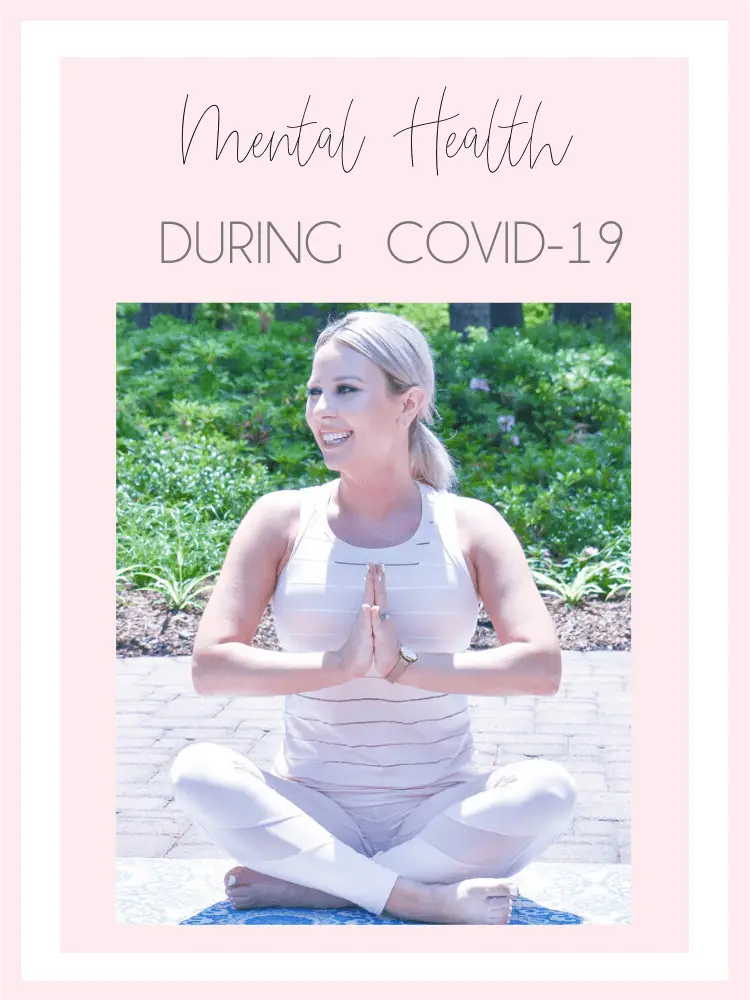
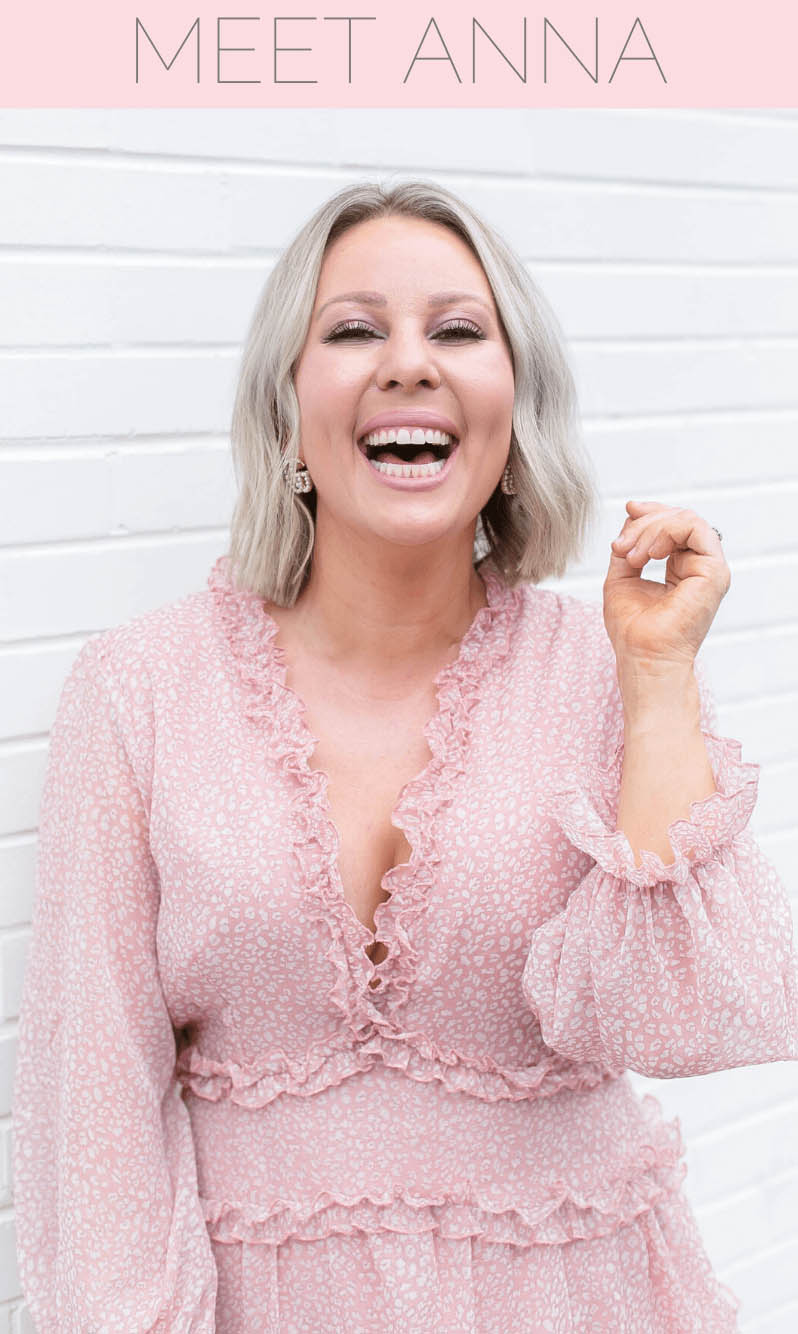
Breast cancer survivor, lover of style, beauty and all things pink! Inspiring you to thrive through adversity.
READ MORE




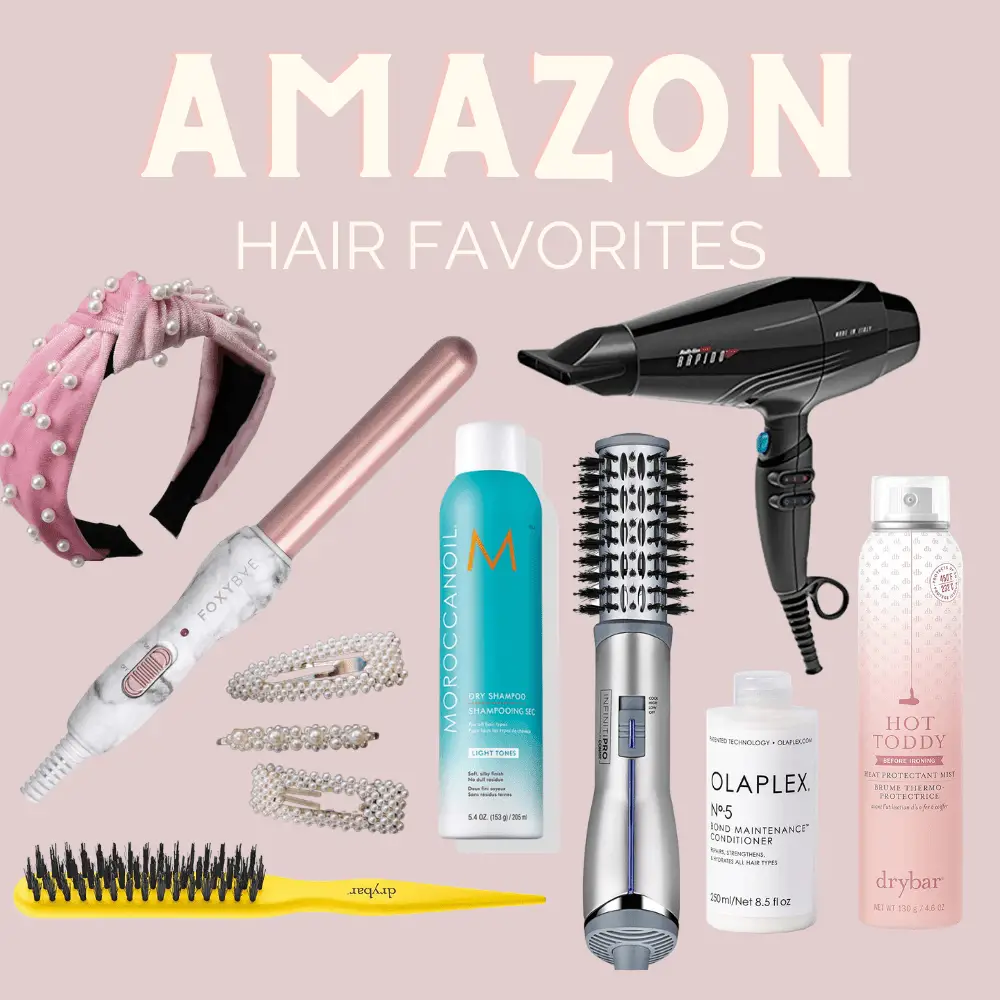
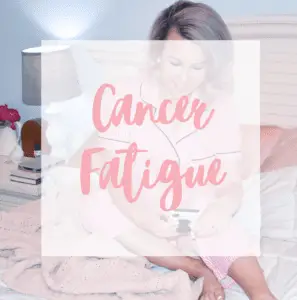
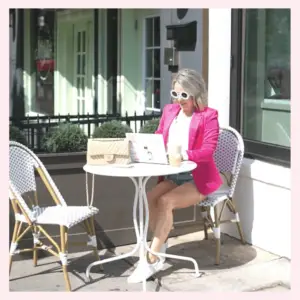
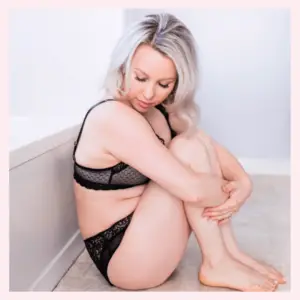
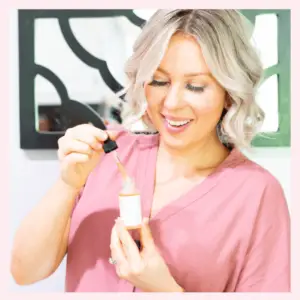
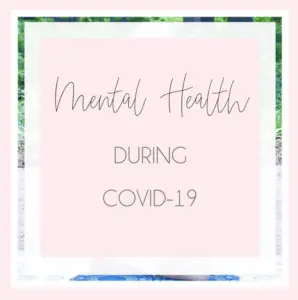
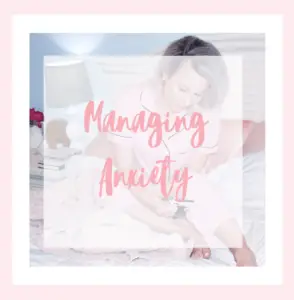
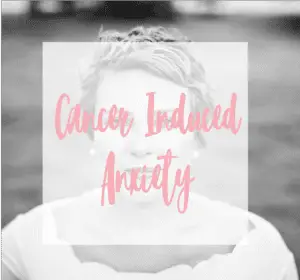
2 Comments